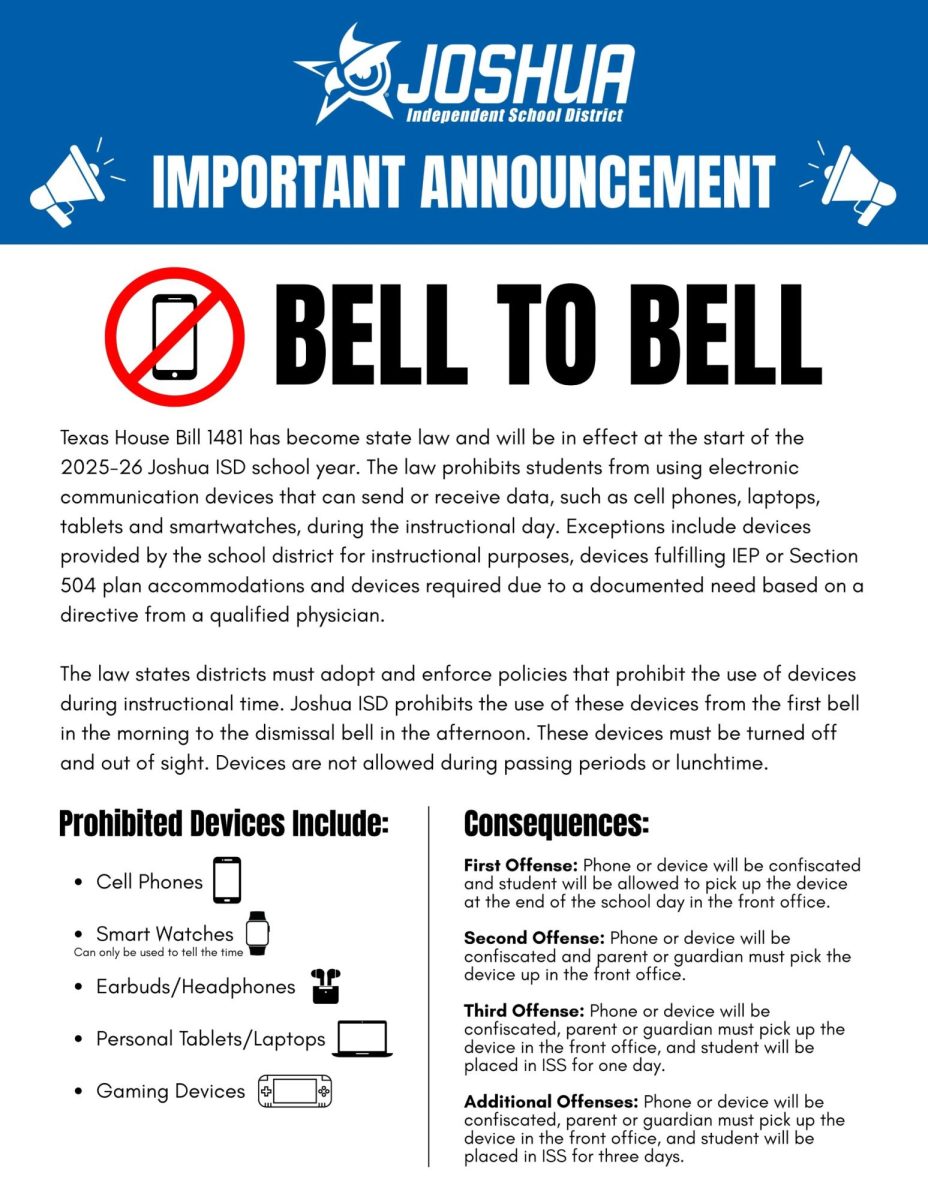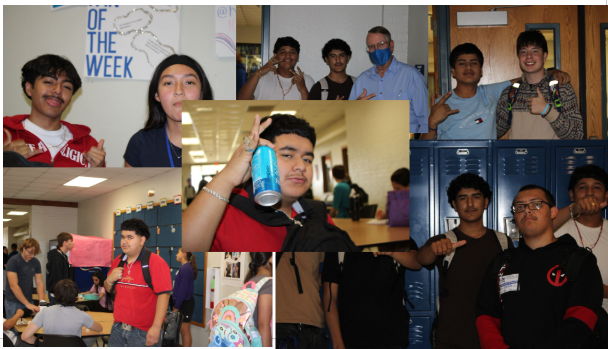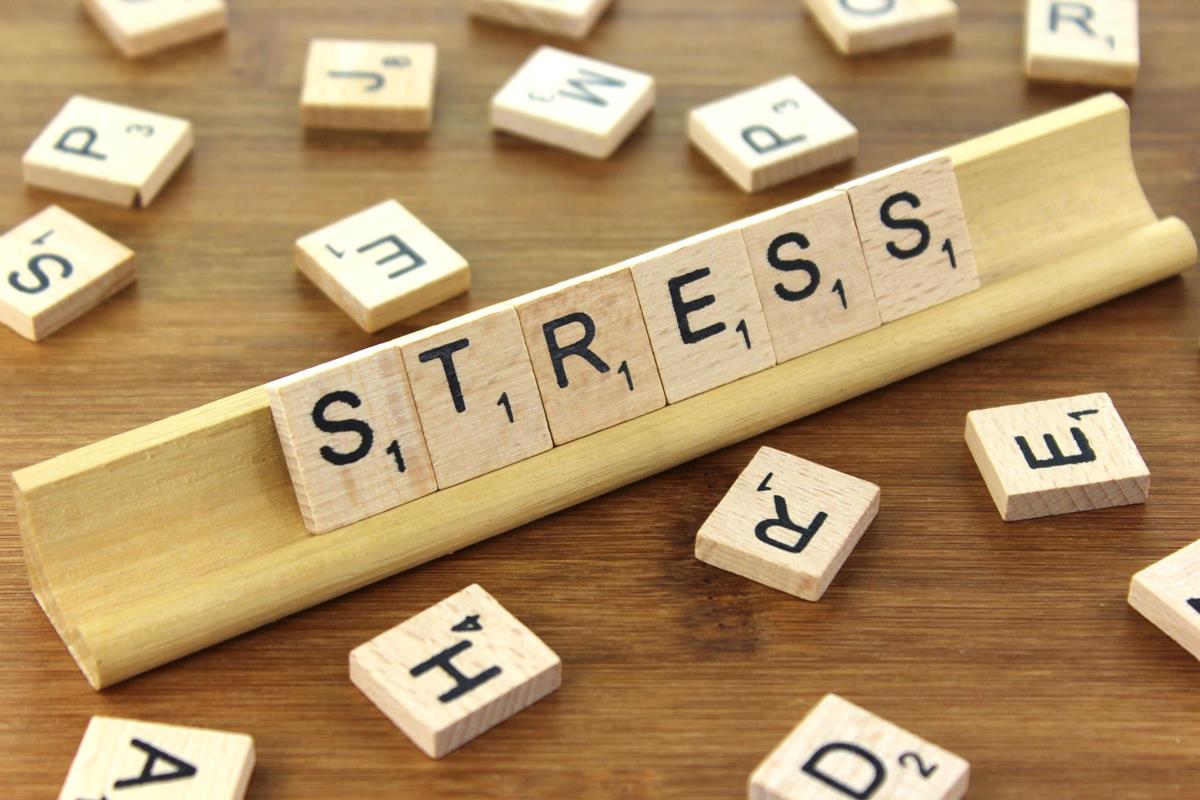Stress has always been a multifaceted problem that students experience all around the world. For most high school students, the awareness of the utmost importance of junior and senior year weighs in on them and their academic performance. From pressure regarding exams and GPA for college admissions, to balancing the social and emotional aspects of life on top of school, students are grappling with stress, pressure, and anxiety. The consequences, while vastly different from student to student, can really take a significant toll on how a person views themselves and their time spent in high school.
Academic Pressure
For most, stress is directly tied to academic achievement and performance, whether it’s a heavy workload, or advanced classes. High expectations, tight deadlines, and the endless pursuit for perfect grades has students all over the globe feeling the tension that comes with school. Pressure to perform perfectly and fear of failure has created a high stress burden on the minds of students when going through their day to day life. The pressure to excel can lead to burnout and severe mental health effects. While a lot of students may not particularly care about their grades, many students end up feeling the tension that school causes.
“I do care about my grades, more than the average student I would say,” senior Julia Peña said. “Especially when trying to stay in the top ranks of the class, the difference between a 99 and a 97, which are both really good grades, is so much bigger because of the close competition.”
Juniors unfortunately tend to have to cope with the most stress out of any other grade level. A student’s academic performance has a significant impact on college applications. Juniors often feel the pressure to succeed in order to perfect their transcript. The increase in academic demands on juniors is significant, even if a student doesn’t plan on attending college. Whether it’s GPA, exams, or even taking on a heavier workload than normal, students can really let the stress catch up to them when it comes to junior year.
“The most stressed out I’ve been because of school was probably around the end of my junior year. Studying for multiple AP tests is tough and it’s hard to cover everything, especially when balancing a job and extracurricular activities at the same time.” Peña said. “I was also absent a lot near the end of last year because of activities, competitions, and trips, which added to the sense that I was falling behind.”
The need to have perfect grades and attendance easily takes a toll on students. The heavy amounts of work and the need to perfect each and every assignment or test can cause anxiety and an extreme fear of failure. This can also lead to a lack of motivation, anger, and self deprecation.
“School has led me to feel the worst I’ve felt in my whole life,” an anonymous senior said. “If I see a grade below a 90, I feel like a fake. Everyone around me tells me I’m smart, but every time I hear that, I feel nothing but imposter syndrome. I don’t like how school makes me feel so suffocated.”
Social and Emotional Strain
Beyond the consequences behind academics and grades, the emotional stress students often have is just as detrimental. Students put under such extreme pressure are at risk for anxiety, depression, isolation, and poor self worth. The overwhelming nature of heavy workloads can lead to feelings of self loathing, helplessness, and inadequacy. These feelings are often bottled up and go unnoticed. Some students fear that their classmates will treat them with judgment or stigma over their feelings being expressed. Left unnoticed, chronic stress can lead to more serious mental health crises.
“I often feel like a failure because of school,” the anonymous source said. “The stress I feel over my assignments becomes so overwhelming that I literally cannot sleep because all I can think about is how I could be doing work instead of sleeping. Also, a lot of people I know don’t understand. I see people in class just sleeping instead of working, and they simply just do not give a single care in the world about how this could affect their future. If I’m overly stressed by school, often my classmates just look at me like they don’t understand why I’m so stressed.”
Students also suffer from the social deprivation that comes with being involved in school, especially if they’re also balancing a job or extracurriculars. Most high school students do have part time jobs on top of everything they take on during the school day. Having less time to work on assignments due to a sport or a job can put students in a time crunch that leaves most feeling helpless and disordered.
“I used to have a job that closed every night at ten. Having to close down, get home almost near eleven, and still having homework to do was very overwhelming,” anonymous said. “I was also managing being involved in sports, so I often felt very burdened by everything I had to take on all at once. I felt as if I never had time to socialize outside of school. It was a very isolating feeling.”
Breaking The Cycle
With a majority of students feeling an immense amount of stress and being well aware of it, some unique and effective coping strategies have been uncovered. A lot of students often try working intensely during school hours in order to avoid having any homework so that they have proper time to relax. Time management plays a large role in ensuring that students are able to enjoy their free time. If someone delegates their time properly and sufficiently, there will be more time to hang out with friends and family, participate in hobbies or interests, and overall just have more time to themselves.
“School is decently important to me, but not one of my biggest priorities,” junior Adelia Vogelgesang said. “I care more about living life to the fullest rather than spending my teenage years worrying myself over things that I don’t need to. We only have our teenage years once, and I think that takes priority over stress.”



























